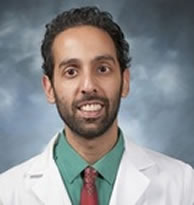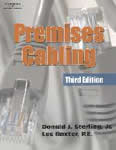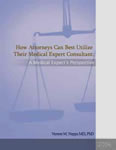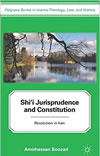All Articles
Anger Management & Related Issues
Hotels & Hospitality
Animals
Human Resources
Aquatics Safety
Insurance
Architecture
Internet Marketing
Arms - Guns - Weapons
Investigation & Surveillance
Artificial Intelligence (AI) / Machine Learning (ML)
Land Mapping - Surveying - Zoning
Automotive - Vehicular
Life Expectancy - Life Care Planning
Biokinetics
Machinery
Branding - Brand Management
Marine - Maritime
Computer Forensics
Mediation
Computers
Medical Malpractice
Counseling
Medical Records Review
Crime Scene Investigation
Medicine
Criminology
Neuropsychology
Design
Obstetrics - Gynecology (OBGYN)
Digital Forensics
Pharmaceuticals
Domestic Violence
Plastic / Reconstructive / Cosmetic Surgery
Economics
Politics
Electrical - Electrocution
Pools and Spas (Recreational)
Elevators - Escalator - Automatic Doors
Professional Malpractice
Expert Witnessing
Search Engine Optimization (SEO)
Finance
Sexual Abuse - Molestation - Harassment
Fires & Explosions
Terrorism - Homeland Security
Forensic Analysis
Warnings & Labels
Healthcare
Yoga
More...
expert witnesses
Keywords
Category
Name
Company
Address
State
*Enter State Names or Abbreviations. Use space to separate multiple states e.g. CA Washington NY
Country
All Articles
Accident Prevention & Safety
Land Use
Alternative Dispute Resolution (ADR)
Laws & Procedures
Animals
Life Expectancy - Life Care Planning
Architecture
Marine - Maritime
Arms - Guns - Weapons
Marketing
Banking
Mediation
Boating
Medicine
Child Witch Phenomenon
Metallurgy
Damages
Nonprofit Organizations
Dental - Dentistry
Nursing
Discovery & Electronic Discovery
Obstetrics - Gynecology (OBGYN)
Documentation Examination & Analysis
Oil & Gas
Economics
Pain Management
Electrical - Electrocution
Pharmaceuticals
Employment
Plastic / Reconstructive / Cosmetic Surgery
Engineering
Politics
Eyewitness Testimony
Psychiatry
Finance
Real Estate
Fires & Explosions
Recreation & Sports
Foreign Affairs - Geopolitics
Sexual Abuse - Molestation - Harassment
Hotels & Hospitality
Slip, Trip & Fall
HVAC - Heating, Ventilation, Air Conditioning
Speech-Language Pathology
Industrial Hygiene and Safety
Spirituality
Injury
Supply Chain Management
Jails - Prisons - Correctional Facilities
Warnings & Labels
More...
Emergency Medicine Expert Witness Sajid Khan
This Member is NOT currently an ACTIVE member.
Sajid Khan, MD
Please Contact Us for more information.

Related areas of expertise
Featured resources
Premises Cabling
by Les Baxter and Donald J. Sterling
How Attorneys Can Best Utilize Their...
by Vernon M. Neppe MD, PhD, FRSSAf, DFAPA
Shi'i Jurisprudence and Constitution:...
by Amirhassan Boozari
Follow us










